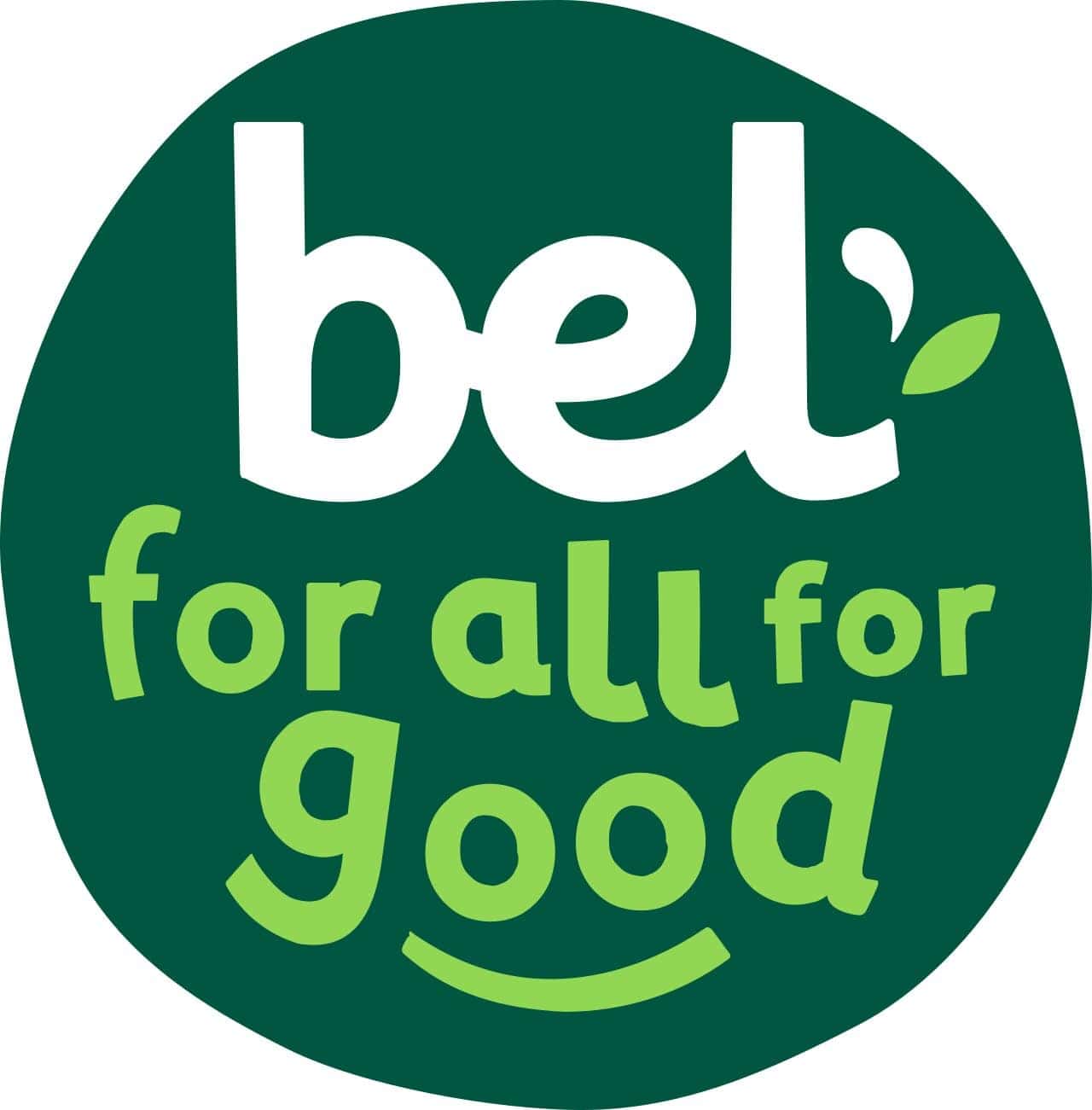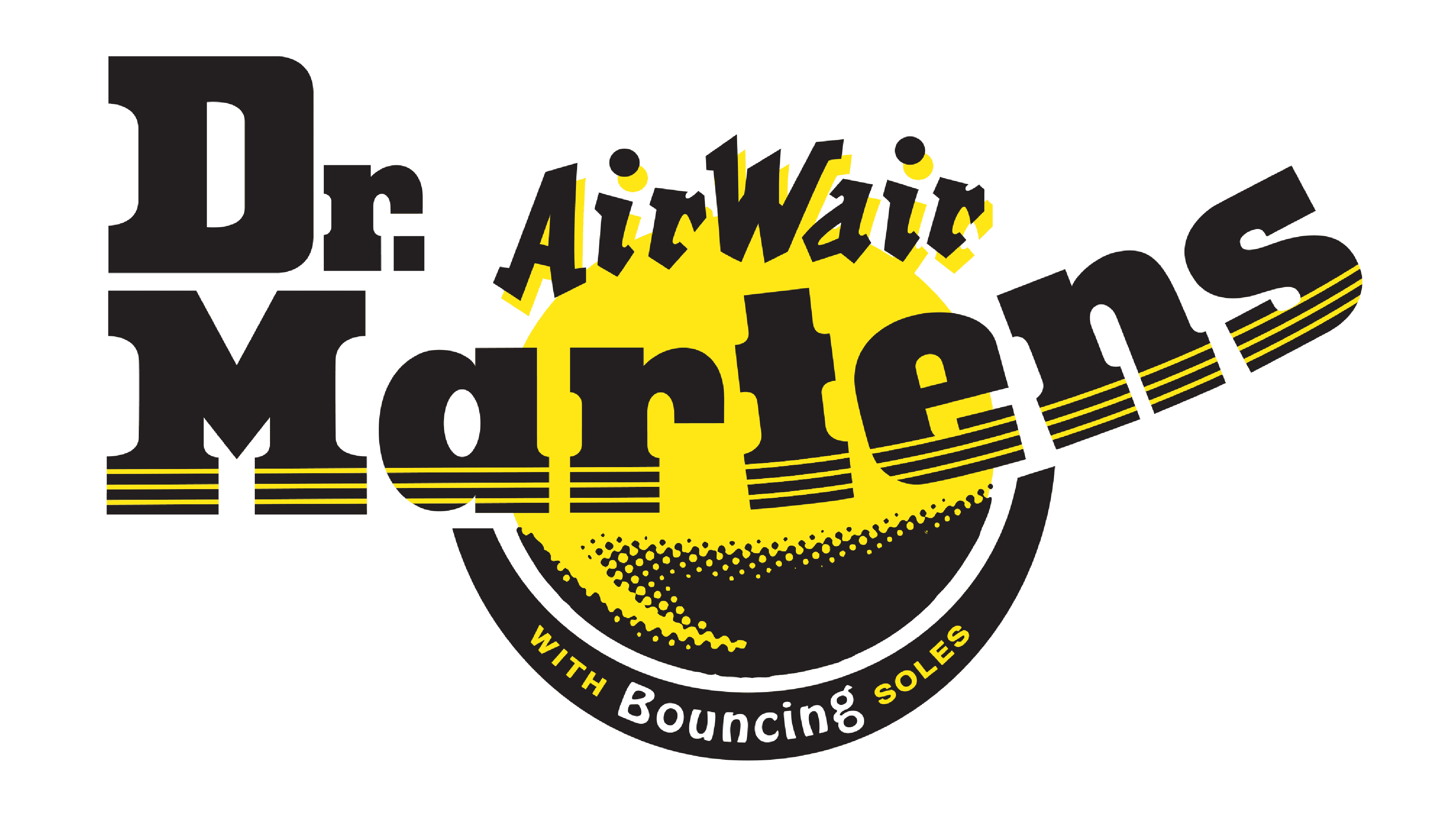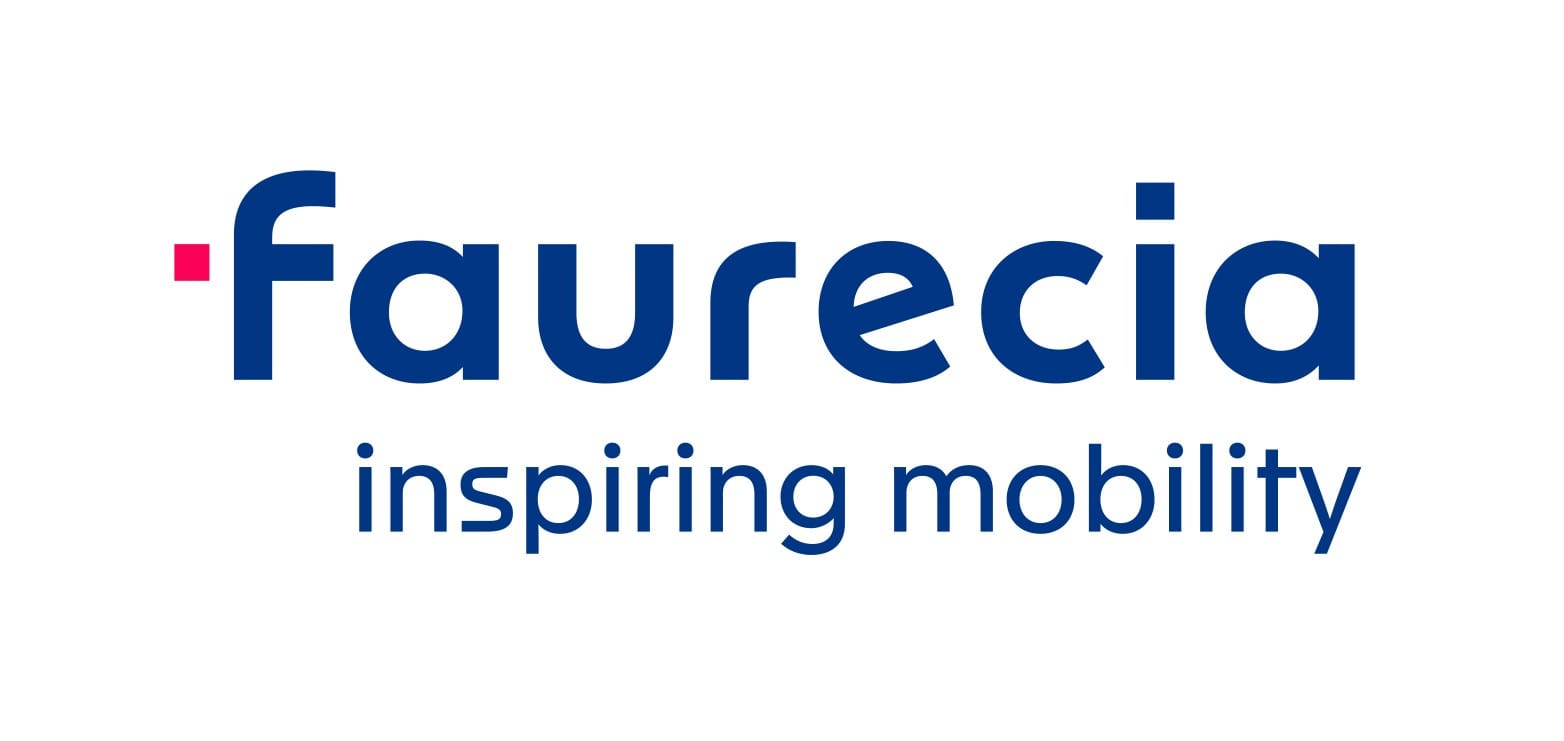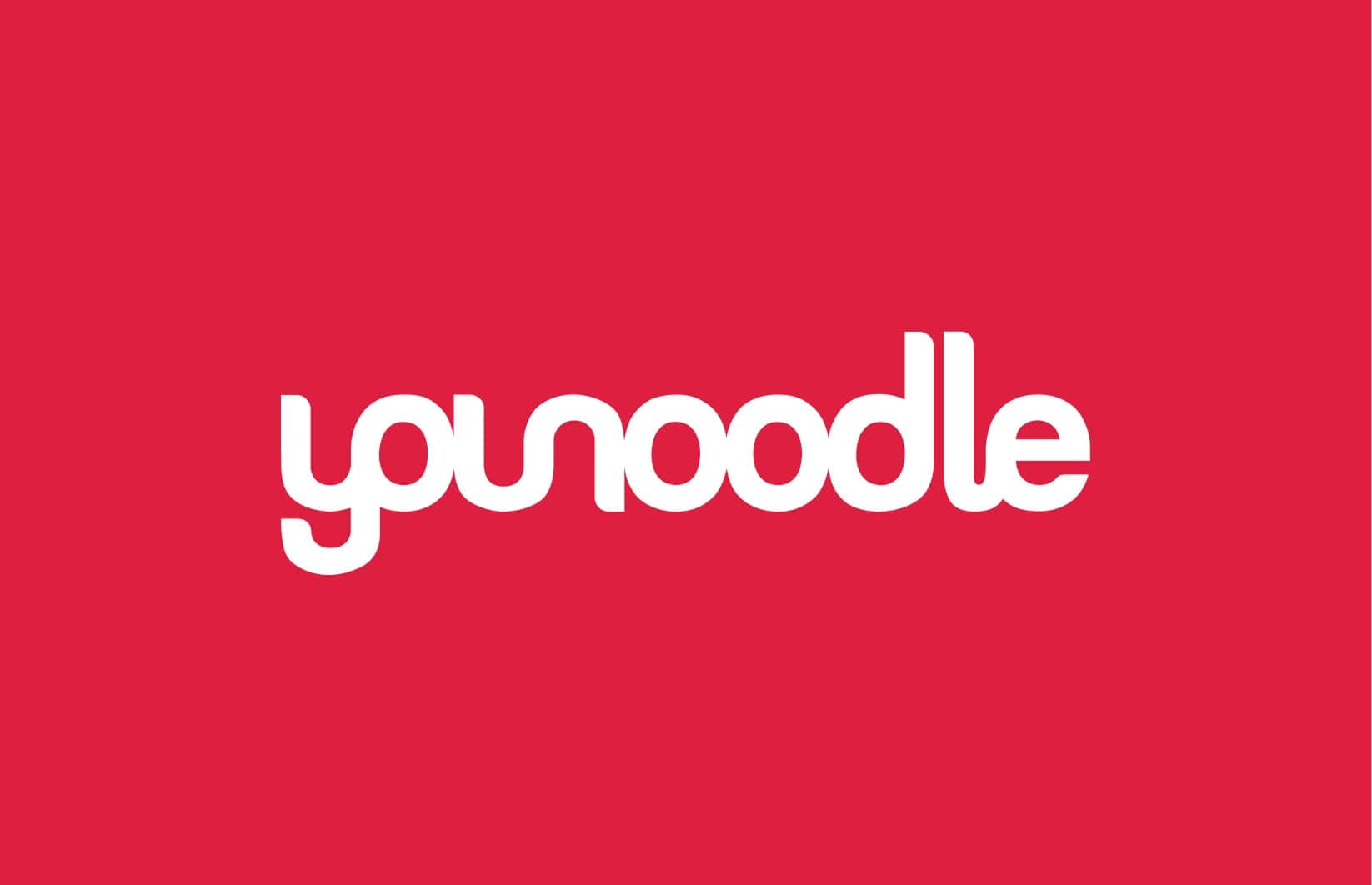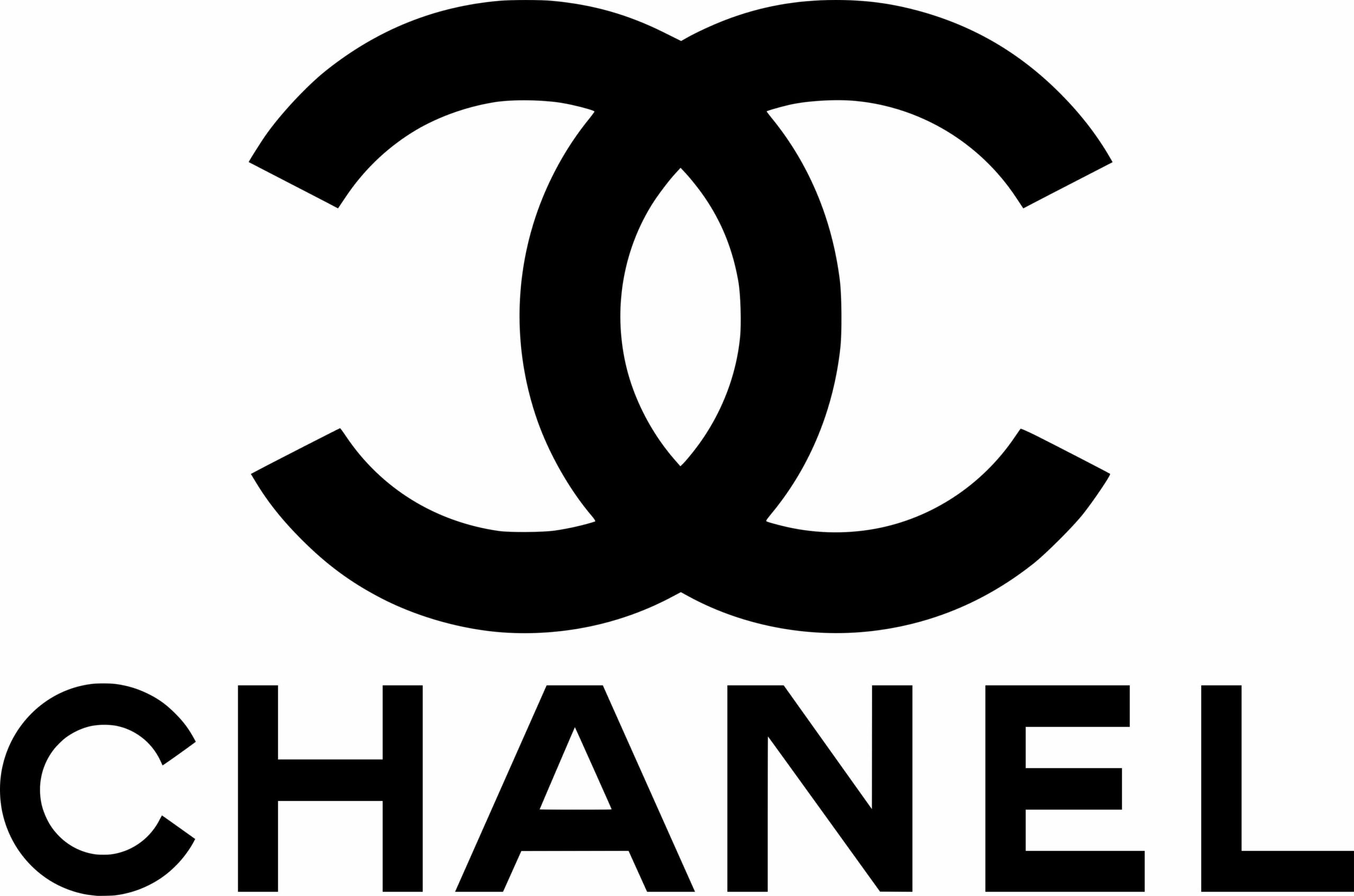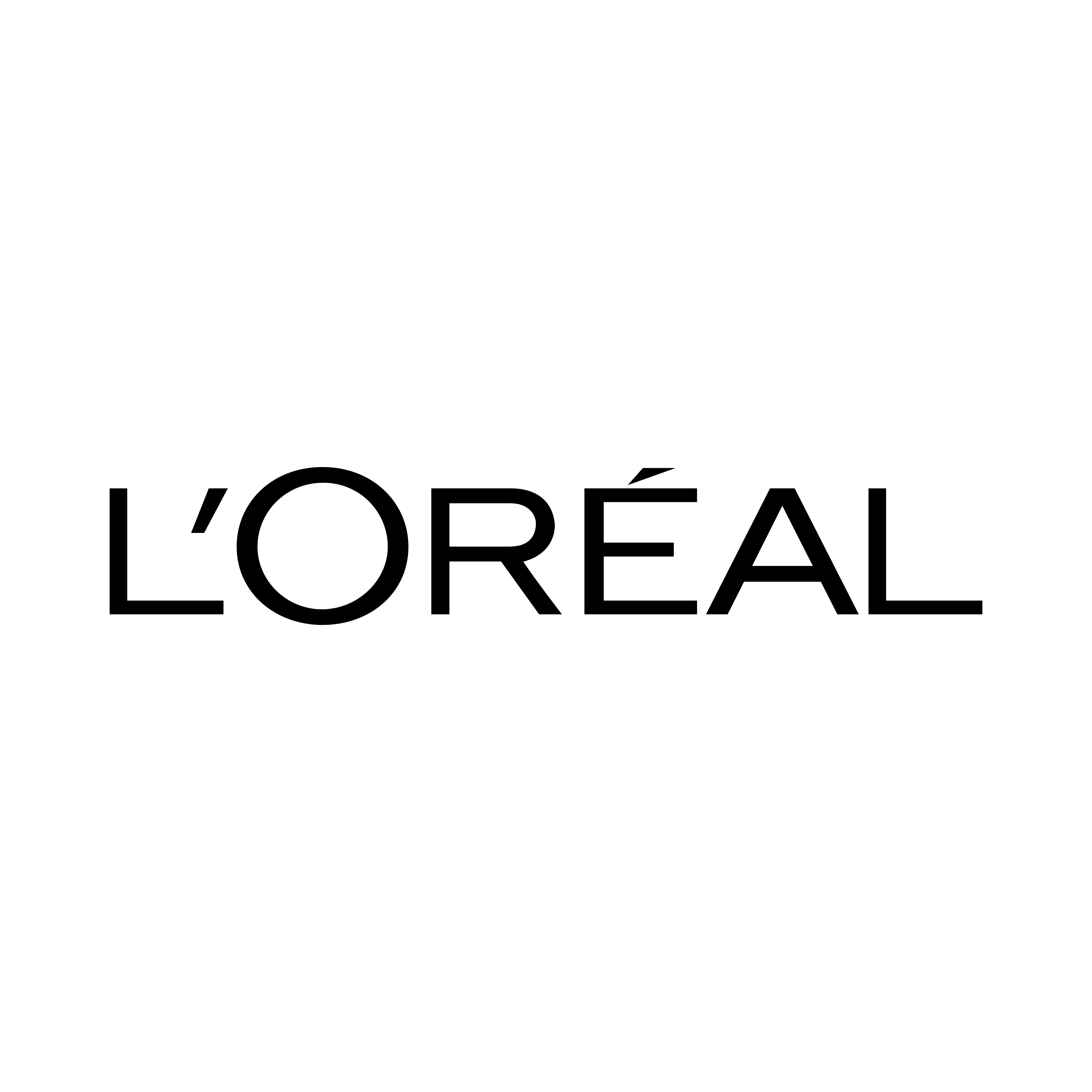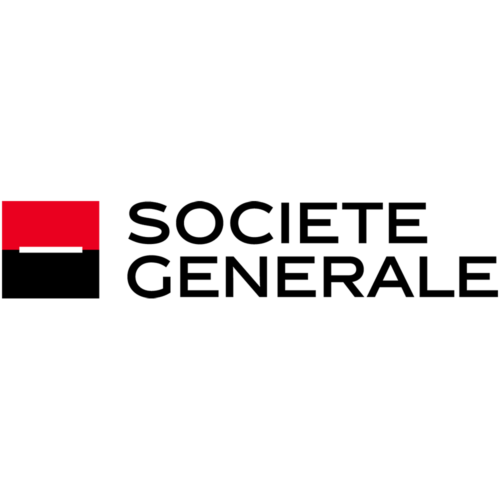The contexts
Bel Vietnam has been pioneering and performing within the Bel group through innovative CSR projects such as Sharing Cities. In 2020 the group operated a strategic shift tying CSR to their business objectives. Bel Vietnam needed to reconnect with its “daring” values with a new clear direction for its CSR actions and connect with the global CSR mandate to focus on the following key areas in Vietnam: healthier food, fight against climate change, sustainable agriculture, accessibility & affordability, and responsible packaging.


The objective
Engage and align Bel’s internal stakeholders (mid-level managers from all departments) with Bel’s global roadmap to set new daring visions and action plans for Vietnam. The two main questions that will be addressed are as follows:
- How can we build a shared understanding of the group vision, the local context upstream & downstream, and the current actions’ impact?
- How might we foster synergies, conversation, alignment around a vision, and actions to be implemented for 2025?
The method and format
2 online workshops of 3 hours each + pre-interviews and surveys:
- 2 co-design sessions, 6 internal interviews & 2 stakeholder surveys to design a tailored workshop.
- 5 audacious future plans, 3 vision writing discussions, 8 vision statement drafts, 3 energizer conversations.
- 2 workshops to go through a creative journey with design fiction, design thinking & OKRs.
- 4 collaborative exercises to generate concrete outcomes.
One vision statement set on ambitious target objectives for 2025 along with a series of CSR projects were laid out throughout the project.
Research and Survey on the present of BEl team VN
- 2 surveys
- 70 questions asked
- 3 senior management interviews
- 3 department management interviews
Vision of what we want
- 5 audacious future plans are created
- 3 vision writing discussions
- 8 draft vision statements
- 3 energized conversations
- 4 breakout sessions
Roadmap Design: what do we need to do today to get to where we want
- 17 scorecard objectives
- 6 prioritized objectives/pillars
- 6 collective discussions
- 6 key roadmaps projects
- 20+ project ideas were generated
Bel Vietnam is a smaller market for the group relative to the Western markets. However, its long-standing presence (60 years) along with its commitment to social impact and the novel solar-powered factory inaugurated in 2019 makes this small market a beacon for CSR within the group. Bel’s Vietnam wants to keep that strong social and environmental innovative aura within its group.
Project plan: co-building the vision and roadmap with internal stakeholders from all departments in seven steps
Step 1: Set up & Framing – Schoolab designs a form/document with key information necessary to prepare step 2 (key topics for interview/knowledge gap, etc.)
Step 2: Key internal interviews and surveys – Identification of the CSR maturity level, analysis of the existing actions, KPIs of the key-function stakeholders, and identification of their own personal vision for BEL & CSR.
Step 3: Vision workshop – Co-building alignment on the direction for BEL Vietnam CSR and the KPIs to measure progress toward that objective
Step 4: Roadmap process workshop – Creative workshop with prioritization on the global objectives and how the roadmap can look with tips, discussions, and KPIs
Step 5: Roadmap design – Report output workshop vision and Roadmap process (Report on outcomes of the vision and roadmap design process)
In order to project into the future, we conducted a framework of time traveling with the Bel Vietnam team. This will allow the team to have a chance to reflect on its present through the research and survey prepared by Schoolab. From there, they will be able to visualize a brighter future of what they want centered around the framework of Schoolab Design Fiction. However, by introducing the OKRs – key objective results– into the framework, they were able to bridge the gaps between the present and the future. Hence, the roadmap of actions was created to achieve the OKRs set forth.


Research methods in identifying the future
- Scoping interview: the current state of CSR at Bel Vietnam. Three senior managers of three different departments were interviewed.
- CSR maturity and priority survey: 13 participants answered 20 questions about CSR priorities and feedback on the current structure, opportunities, & challenges
- Bel global CSR analysis: reviewed on global CSR report
- Vietnam CSR landscape analysis: Identified challenges and opportunities for CSR in Vietnam
- Bel Vietnam CSR initiatives survey: 57 participants were asked 4 questions on popularity & awareness of past and current initiatives.
Outcome
Vietnam local CSR landscape meets Bel global commitments in five different areas identified as follows:
- Healthier food: 80% of Vietnamese households living in the city claim that they are willing to pay a higher price for healthier food while 74% of Vietnamese shoppers prefer products with a list of ingredients. Vietnamese consumers are very concerned about food safety and health.
- Sustainable agriculture: Vietnamese government has more and more favorable policies for agriculture development. One of which is that the Vietnamese government signed MOUs with developed countries to learn from their agriculture experiences. Support for land, credit access, high-tech application, and workforce training. Exempted from land and water surface rents in the first 15 years and 50 percent reduction in the following seven years. CIT incentives from 10-20%
- Fight against climate change: more efforts from different stakeholders to prevent climate change in Vietnam as in the last 20 years, Vietnam ranked 6 globally in the most affected countries by climate change, especially in agriculture and health. In order to achieve CO2 neutrality, a new carbon market is being planned for GHG emitting companies in Vietnam: bi-annual report and reduction plan.
- Responsible packaging: Consumers and governments are increasingly concerned about eco-friendly packaging. To address this concern, investments in the collection and recycling infrastructure will help the current expansion in Vietnam to catch up with the growing demands, and a recycling ratio and process for packaging is being planned under the Draft law of Extended Producer Responsibility (EPR).
- Accessibility/affordability: Creating favorable conditions for people to access and enjoy despite the demand for imported brands being limited in rural areas, which accounts for more than 63% of the total population of Vietnam. Cheese, milk, and butter are noted as difficult to access for the average lower- to middle-income Vietnamese consumer. EVFTA also opens opportunities for Vietnamese dairy companies and consumers to access quality products.
Workshop vision was designed to bridge the gaps between the present and the future:
The objective: Building Bel Vietnam’s “North Star” on CSR
Why do we need to create the basis for building a shared CSR vision in Vietnam?
What do we need to identify and align key values of Bel Vietnam’s team in order to know what we want in the future?
How to project participants into fictional future scenarios and establish Bel Vietnam’s audacious plans and stories to adapt those future values before coming back to the present and writing the vision statement.
The basis for the workshop was applied around Schoolab’s Design Fiction model to address Bel’s five global CSR challenges.
The model consists of capturing signals and trends, building imaginary future scenarios, and emulating participation around Bel’s impact and story in the different scenarios in order to extract key persisting values and audacious plans.
The workshop vision was to create five hypothetical scenarios of the future learning from global challenges:
- Healthier food: What if the Vietnamese population was turning vegan?
- Affordability & accessibility: What if Vietnam was hit by recurrent embargos?
- Responsible packaging: What if waste was illegal?
- Sustainable agriculture: What if raining seasons and droughts were making Vietnam agriculture move to the city?
- Fight against climate change: What if Vietnam was carbon-neutral?



